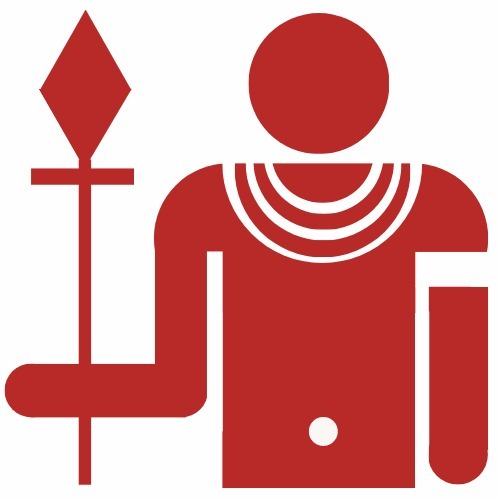Kenya’s leading Telecommunications company Safaricom is undergoing organizational restructuring that will see employees reapply for their jobs-the proposed restructure is aimed at transforming the Telco into a world class entity
The company is planning to break down its hierarchical structure into smaller teams that will make it more agile. Existing departments will be reduced to groups of 60-100 employees which will be referred to as tribes. The tribes will be further sub-divided into smaller squads of 8-10 employees. The squads will report to the head of the tribe, and then the head of the tribe will report to executive members.
Currently four departments or tribes have already been formed. They include, Digital Care, Mobile Data, Fixed Data and Payments. Other departments including marketing will also be restructured to form tribes.
According to Peter Ndegwa, the CEO of Safaricom, the move was inspired by big players like Amazon and Netflix. He said that Agile started in the technology industry on recognition that the traditional way of operating and developing software was outdated. He said that when an organization grows it becomes more internal. This leaves only a small group to deal with the customers on the front-line. But agile almost that such everyone’s job is to deliver an outcome that improves what the company promise customers. That when you go through change, the most important is the why and that Safaricom has been a success. That the company has been good at combining innovation and technology to transform lives.
Following this process, various job roles will be abolished and thus many employees will be rendered jobless. A letter originating from COTU or Central Organization of Trade Unions revealed that the organization has expressed concern and termed this move insensitive and inhuman for Mr Ndegwa to bring about drastic changes at Safaricom PLC while infringing on the rights of workers who have built the organization to what its today where it enjoys over 30 million subscribers. That it’s shocking the fact that even though Mr Ndegwa is the first Kenyan CEO at Safaricom, he remains the most dangerous CEO the company has ever had in terms of protecting workers rights.
On the other hand,Mr Ndegwa defended the move saying that the company was performing well financially and the restructuring was not intended at reducing costs. He said that the move will actually enable the company to employ more staff especially from technology and those that possess digital skills.
Safaricom is a Kenyan mobile network operator with headquarters in Nairobi and is the largest mobile operator in Kenya and one of the most profitable companies in the East and Central Africa Region. It controls approximately 64.5 $ of the Kenyan Market with a subscriber base of estimated at close to 35.6 Million.



